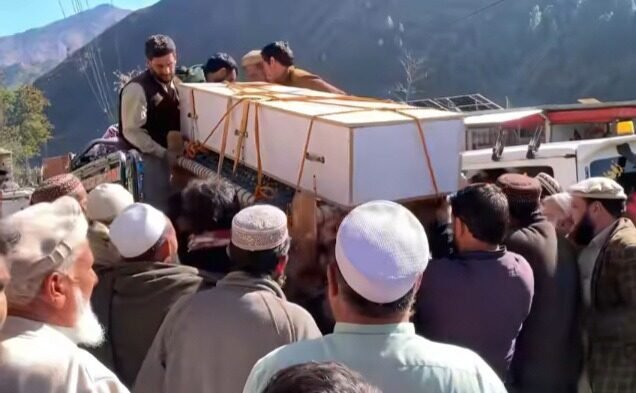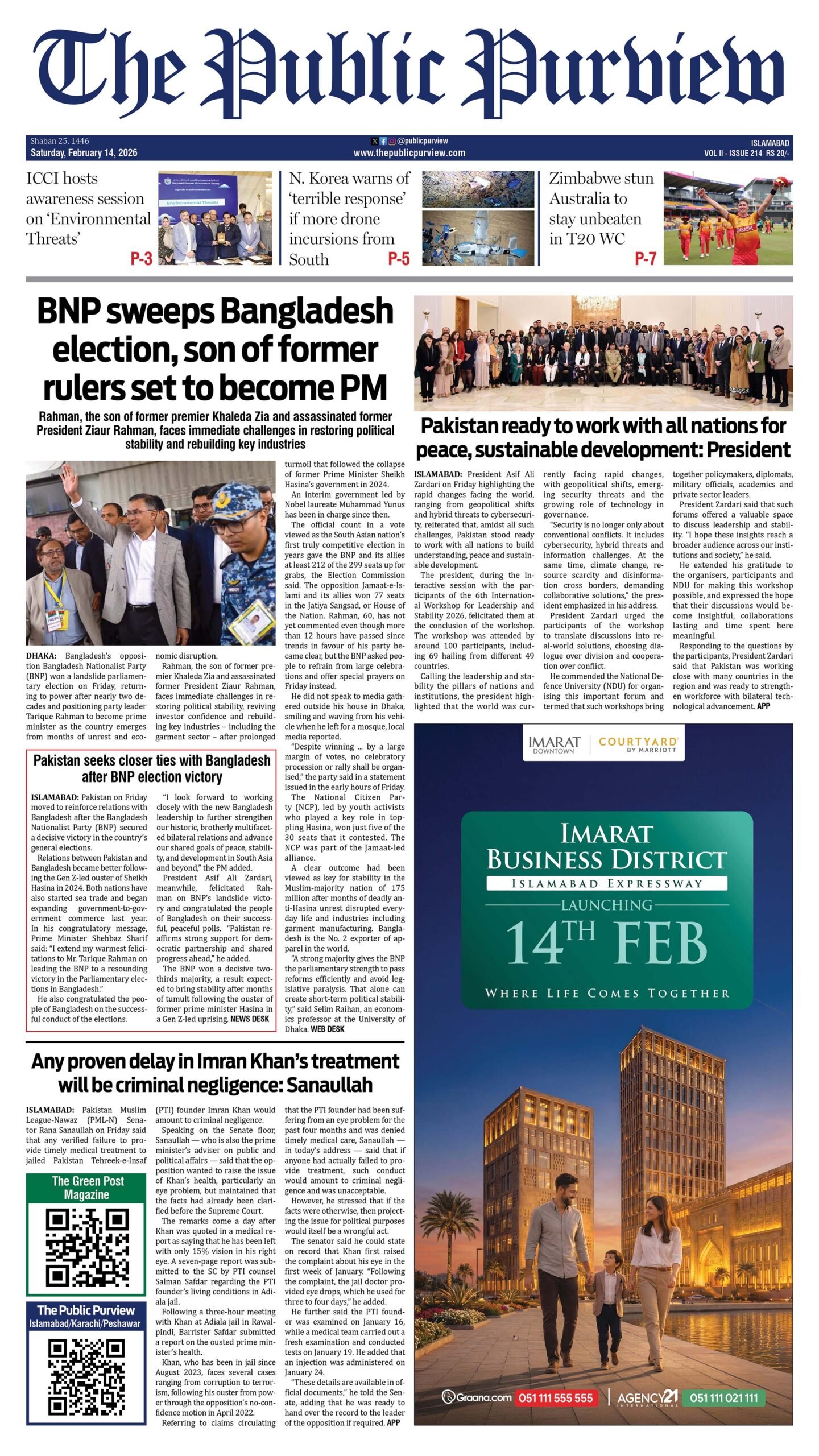The government and opposition are playing the game of musical chair while the daily inflation of food items, groceries, stationaries and school and colleges uniforms-that is forcing the masses to go abroad for earning more money.
In these circumstances it is impossible for the citizens to buy needy things for their families while the minister for finance and his team is only sharing some good points with the nation that the inflation well reduces soon that is not enough to satisfy the masses, they are living under the poverty line.
If we look at the facts and figures of provided by bureau of statistics are not satisfactory. According to the reports published in the newspapers, Sensitive Price Indicator (SPI) for the week ending January 16 recorded a year-over-year increase of 1.16%, the lowest rate in many months, further easing inflationary pressures in Pakistan.
The Pakistan Bureau of Statistics (PBS) data revealed that the SPI decreased by 0.39% on a weekly basis, indicating falling prices in important food categories.
Tomatoes led the weekly price declines, plunging 18.31%, followed by potatoes (-10.42%), onions (-10.01%), and eggs (-8.64%). Other notable decreases included chicken (-2.17%), liquefied petroleum gas (-1.21%), and mustard oil (-0.67%).
However, the week saw price hikes for certain commodities. Bananas posted the largest increase, rising by 3.22%, while petrol prices increased by 1.39%. Other significant contributors to inflation included vegetable ghee (up 1.08% for 2.5 kg packaging and 0.74% for 1 kg), cooking oil (+1.01%), firewood (+1.00%), and diesel (+0.99%).
Out of the 51 essential items tracked across 17 cities, prices for 21 items rose, 10 declined, and 20 remained unchanged. On the other hand the annual SPI data highlights a complex inflationary picture. Prices of certain items have surged over the past year, with ladies’ sandals topping the list at a 75.09% increase, followed by potatoes (+47.91%), gram pulses (+39.77%), and moong pulses (+33.40%). Similarly, powdered milk and beef prices rose by 25.77% and 22.59%, respectively.
Several essential items witnessed significant year-on-year price reductions, including onions (-47.22%), wheat flour (-35.89%), and eggs (-31.92%). Chilies powder (-20.00%) and tomatoes (-19.83%) also saw considerable declines, offering some relief to consumers.
SPI data revealed varying impacts across income groups. The lowest-income households (earning less than Rs17,732 per month) experienced a 0.20% year-on-year increase in inflation, while the highest-income group (earning above Rs44,175 per month) saw a higher rise of 1.66%.
The easing inflation could influence the State Bank of Pakistan’s (SBP) monetary policy decisions in the coming months. With the SPI showing consistent declines, the central bank may consider revising its policy rate, currently at 13%, to support economic growth.
According to the SBP’s governor, Jameel Ahmad, inflation is expected to decline further in January but may rise later due to base effects and increasing energy prices. He added that inflation is projected to remain within the SBP’s target range of 5-7%.
Brokerage firm Arif Habib Limited’s (AHL) forecast suggests that headline inflation will ease to 3.06% in January, the lowest level in nine years. The consumer price index inflation slowed to 4.1% year-on-year in December, down from 4.9% the previous month.
The above statistics are very unremarkable from the government point of view to satisfy the masses that the inflation will be reduce by big margin but actually there is no such program with the relevant authorities to boost the economy of the country or to provide good job opportunities especially to young population of the country those are unemployed and fleeing to foreign countries.
On Wednesday another ship was drowned in the waters of Spain in which at least 44 Pakistanis were died. Actually these dis hearted citizens were the victims of the inflation and unemployment in the country. Therefor it is the duty of the government to control inflation and unemployment in the country to avoid such incidents.






 Today's E-Paper
Today's E-Paper